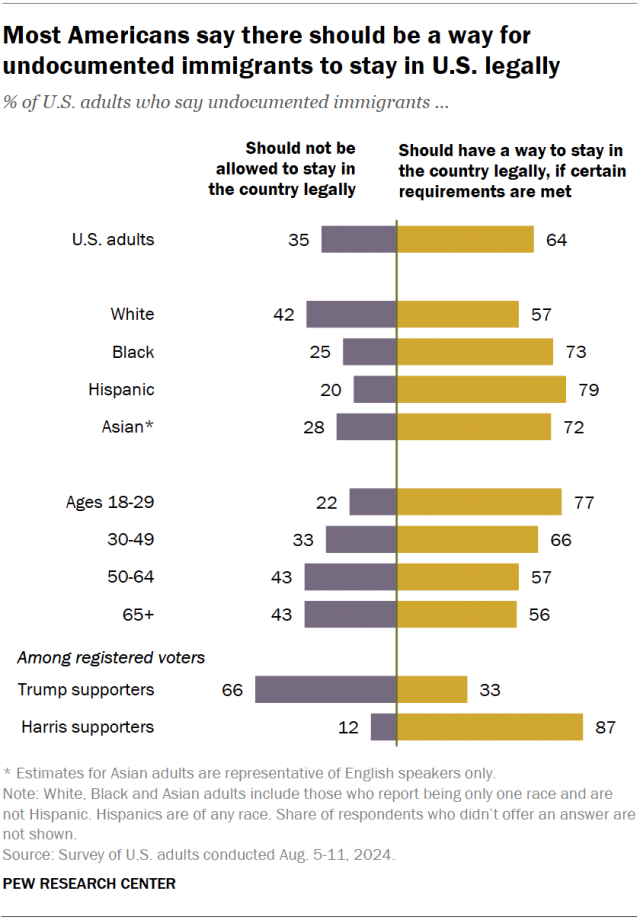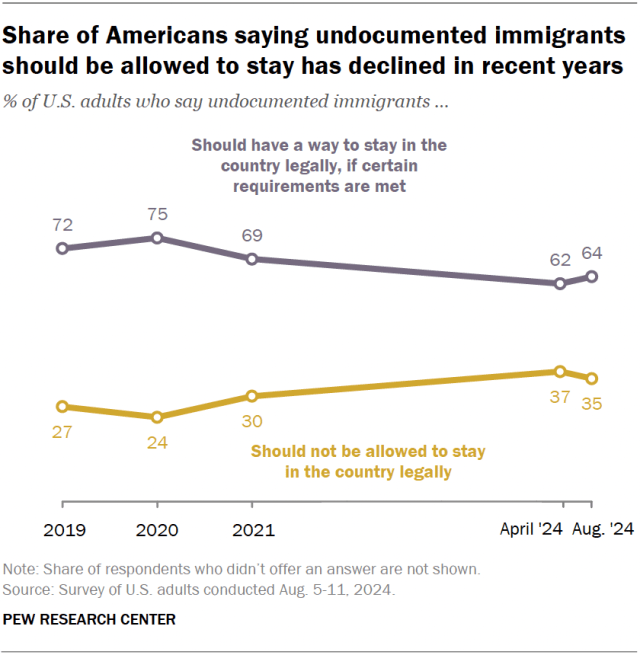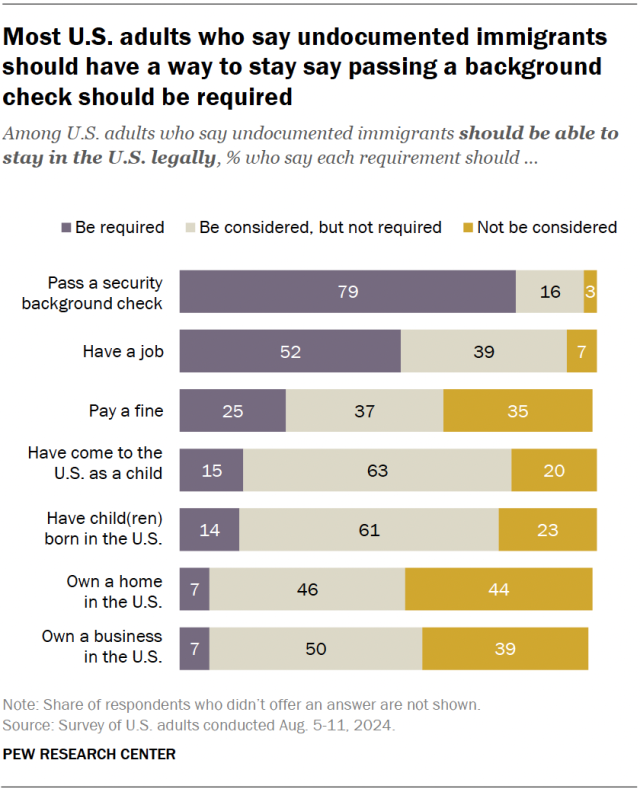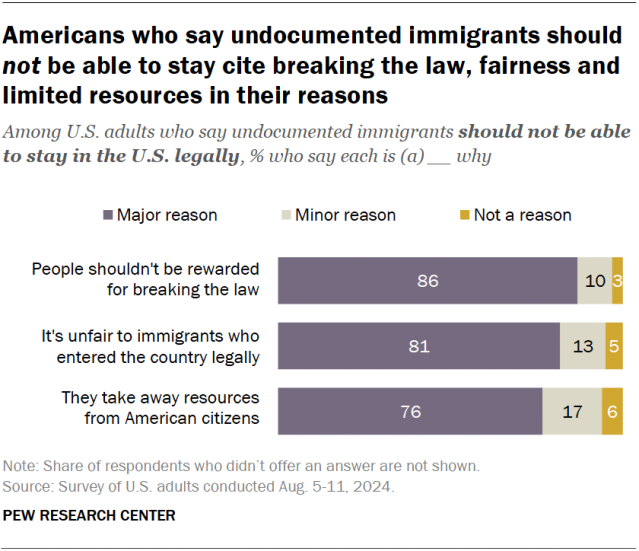Business Owners Navigate Immigration Uncertainty Ahead
For Valerie Bihet, securing her green card last year marked the end of a challenging journey. The 53-year-old French entrepreneur, who founded Miami's Vibe Agency in 2004, had previously operated under an E-2 investor visa. When visa validity periods were cut from 60 to 25 months in 2019, she faced difficult decisions about her future in America.
Now, as business owners across the country process the implications of Donald Trump's return to office, immigration policy stands at the forefront of their concerns – particularly for those whose operations depend on immigrant workers.
## Looking Back to Look Forward
Immigration experts suggest that the first Trump presidency may offer insights into what's ahead. "There was a concerted effort by his administration to slow and significantly reduce immigration to the U.S.," explains Jorge Loweree, managing director at the American Immigration Council.
The previous administration implemented various policy changes, from travel bans affecting multiple Muslim countries to modifications in visa processing procedures. For instance, the administration eliminated "deference" in H-1B visa extensions, requiring each renewal to undergo fresh scrutiny – a policy later reversed under Biden.
Eileen Lohmann, senior associate at immigration law firm BAL, notes that similar restrictions could return, including regulations affecting wage requirements for H-1B workers. Trump has already announced plans to leverage military resources and declare a national emergency to support deportation efforts.
## The Business Impact
For entrepreneurs like Ximena Gates, founder of Washington D.C.-based BuildWithin, these potential changes carry real consequences. Leading a team of 26, including nine immigrant employees, Gates understands the challenges firsthand. She recalls losing a talented Chinese engineer at her previous company when visa complications forced his return home – taking valuable institutional knowledge with him.
Research supports the unique value immigrant workers bring to businesses. Britta Glennon, a Wharton School assistant professor, emphasizes that immigrant workers often possess distinct skills and experiences that prove difficult to replace with domestic talent.
Marty Loya of Growing with Sara Farm in Socorro, Texas, has experienced this firsthand. The farm's most successful recent hires have been Venezuelan refugees, who Loya credits with exceptional adaptability to demanding agricultural work conditions.
## Preparing for Change
Experts recommend several proactive steps for businesses:
1. Form cross-departmental teams ready to respond to policy changes
2. Review employee locations and corporate travel policies
3. Help employees secure the most stable immigration status possible before inauguration
4. Consider restricting international travel for visa-holding employees around the transition period
Mike Vatury, CEO of MVP Builders in California, where immigrants comprise about a third of his 40 contract workers, plans to assist long-term employees with visa applications if necessary. However, he maintains confidence in his ability to adapt through resourceful hiring practices.
Others, like Gates, draw comfort from a historical perspective. "I've been in the United States for about 25 years, and things have, for the most part, remained the same," she reflects. While advocating for border security and transparent immigration processes, she emphasizes the vital role of immigrant entrepreneurs in job creation and economic growth.
Bihet, having secured her own position in America, echoes this balanced view: "We need immigrants. We need the future. But we need a balance."
As the transition approaches, business leaders continue navigating these complex waters, working to protect both their employees and their operations while preparing for potential policy shifts ahead.
Americans hold complex views on what should happen to undocumented immigrants. As President-elect Donald Trump prepares to ramp up mass deportations, about three-quarters of U.S. adults say they are at least somewhat concerned about the number of immigrants entering the country illegally, and a majority support enforcing mass deportation.

At the same time, most (64%) also say undocumented immigrants should have a way to stay in the country legally if certain requirements are met, according to a Pew Research Center survey conducted in August.
Many Americans support both deportation and having a path to legal status. Among those who support mass deportations, 43% also say undocumented immigrants should have a way to stay in the country legally.
Some Americans are more likely than others to say undocumented immigrants should have a path to stay in the U.S. legally.
- Clear majorities of Hispanic, Black, and Asian adults say undocumented immigrants should have a way to stay in the country. White adults are more evenly divided, though a majority also say this.
- Younger adults, especially 18- to 29-year-olds, are more likely than older Americans to say undocumented immigrants should have a way to stay.
- People who said before the election that they supported Kamala Harris were far more likely than Trump supporters to say undocumented immigrants should have a way to stay.
Support for allowing undocumented immigrants to stay has declined in recent years

Though most Americans continue to say undocumented immigrants should have a way to stay in the U.S. legally, the share who say this has declined from 75% in 2020 to 64% today. Meanwhile, the share who say undocumented immigrants should not be allowed to stay has increased from 24% to 35%.
Requirements for undocumented immigrants to stay in the U.S.

Americans who say undocumented immigrants should be allowed to stay under certain conditions express mixed support for several conditions we asked about. Security background checks are by far the most popular requirement, while other requirements receive less support.
- 79% say undocumented immigrants should be required to pass a security background check. Another 16% say it should be considered but not required.
- 52% say undocumented immigrants should be required to have a job, and 39% say it should be considered.
- Views are more divided on paying a fine: 25% say it should be required, 37% say it should be considered and 35% say it should not be considered.
Among those who say undocumented immigrants should be allowed to stay in the U.S. if they meet certain requirements, 60% say those immigrants should be eligible to apply for citizenship. Another 39% say they should be eligible to apply for permanent residence but not citizenship.
Reasons undocumented immigrants should not be allowed to stay in the U.S.

Most U.S. adults who say undocumented immigrants should not be allowed to stay in the country cite reasons related to breaking the law, fairness, and limited resources.
- 86% say a major reason is because people should not be rewarded for breaking the law.
- 81% say a major reason is because it’s unfair to immigrants who enter the country legally.
- 76% say a major reason is because undocumented immigrants take away resources from American citizens.
How many unauthorized immigrants are there in the U.S.?
The unauthorized immigrant population in the U.S. grew from 10.2 million in 2019 to 11 million in 2022, the first sustained increase in more than a decade.
This population consists of more than 3 million immigrants who have temporary protection from deportation and permission to be in the country and includes those with temporary authorization to work in the U.S. legally. Some of these immigrants could be subject to deportation if government policy changes. For example, undocumented immigrants with Temporary Protected Status could be deported under plans announced by the Trump administration.
Federal immigration data shows that the number of immigrants with temporary protection from deportation has grown significantly since mid-2022, the date of our most recent estimates.


